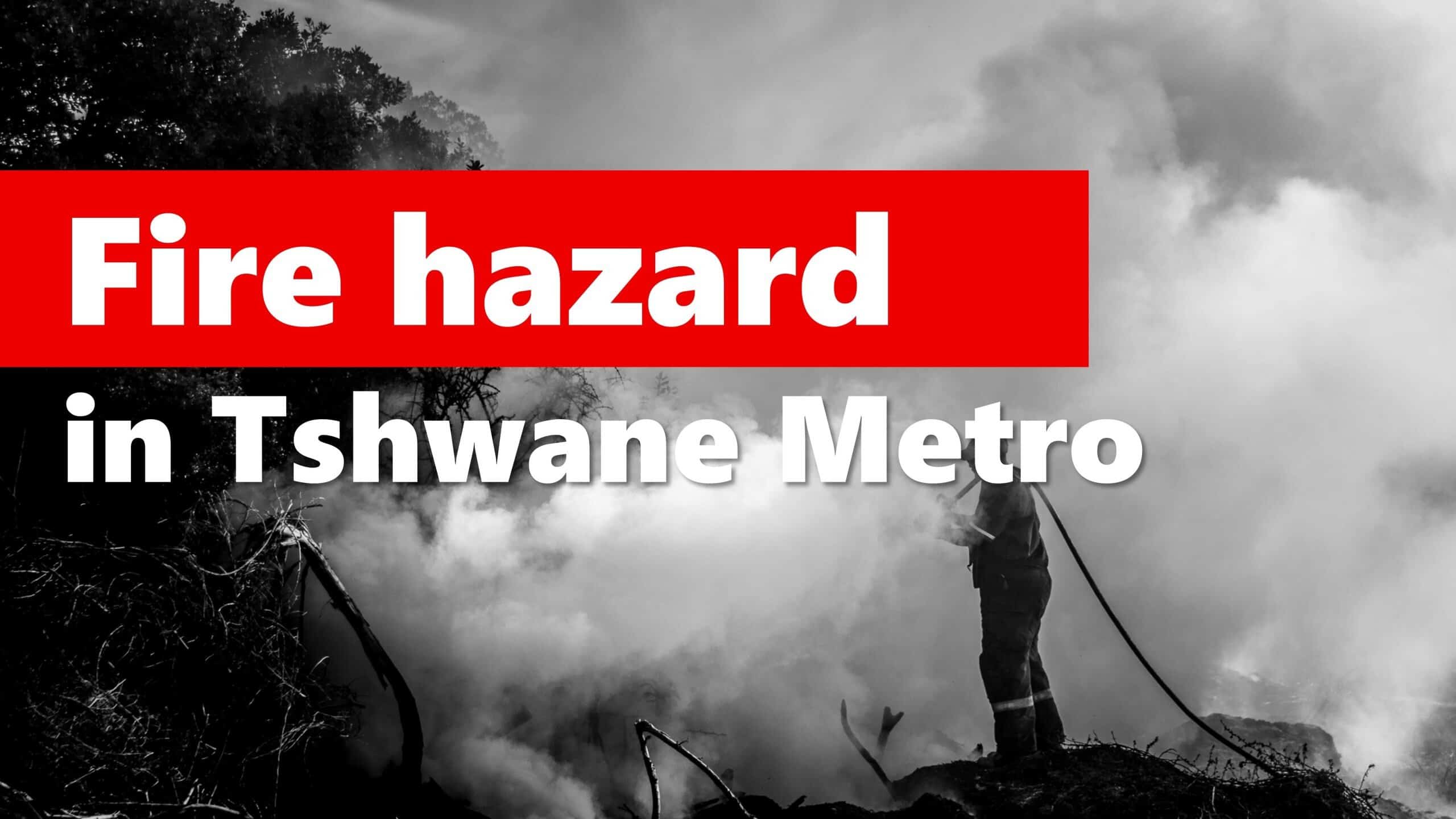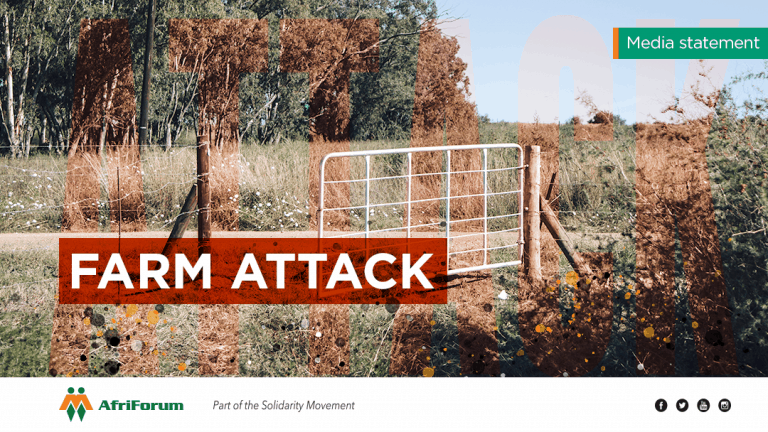Fire hazard! Tshwane metro violates its own bylaw, warns AfriForum
According to the civil rights organisation AfriForum, the Tshwane Metropolitan Municipality is violating its own Fire Brigade Service Bylaw (FBSB), thereby placing the metro’s residents and infrastructure in serious danger. AfriForum argues that the metro is also guilty of applying double safety standards and putting pressure on private landowners and Fire Protection Associations (FPAs) to comply with the relevant legislation and bylaws, especially now, when the risk of wildfires is exceptionally high, but is itself violating them.
In a media statement issued yesterday, the Tshwane Metro again warned private landowners and FPAs to comply with the provisions of the National Veld and Forest Fire Act 101 of 1998 and the metro’s FBSB.
According to Tarien Cooks, AfriForum’s Disaster Management Specialist, the civil rights organisation fully supports this encouragement and also urges private landowners to act in accordance with the relevant legislation and regulations.
However, AfriForum urges the metro to comply with these legal requirements as well, in order to ensure the safety of people, animals and infrastructure from fire risks.
In terms of Section 10(1) of the metro’s FBSB, the owner or occupier of a premises has the responsibility to ensure that a site is not overgrown with grass, weeds, reeds, shrubs or trees to such an extent that it poses a fire hazard to any adjoining premises or any other premises or property. Section 10(2) of this by-law further stipulates that the fire hazard on agricultural land must also be limited by means of safety fire belts that are at least 5 m wide. The by-law stipulates that the owner or occupier of the property must ensure that these fire belts, which must be cleared along the borders of the property, are maintained.
Although the by-law also applies to the metro itself, it repeatedly fails to comply with the provisions therein. According to AfriForum, various cemeteries and other municipal sites, such as open fields and veld strips adjacent to roads in the Tshwane Metro, pose a serious fire hazard because they are not properly maintained.
Cooks maintains that the metro is, in many cases across the entire municipal area, violating its own bylaws. “Overgrown sidewalks and other overgrown open municipal areas are visible throughout the metro. These strips and areas pose a serious fire hazard, yet the metro is failing to meet this critical responsibility. It is especially essential now, in the dry months and during the upcoming windy August and September period, to maintain these sites according to the prescribed requirements. The metro has a responsibility to practice what they preach and not only hold private landowners accountable for complying with the relevant legislation and bylaws,” Cooks emphasises.











